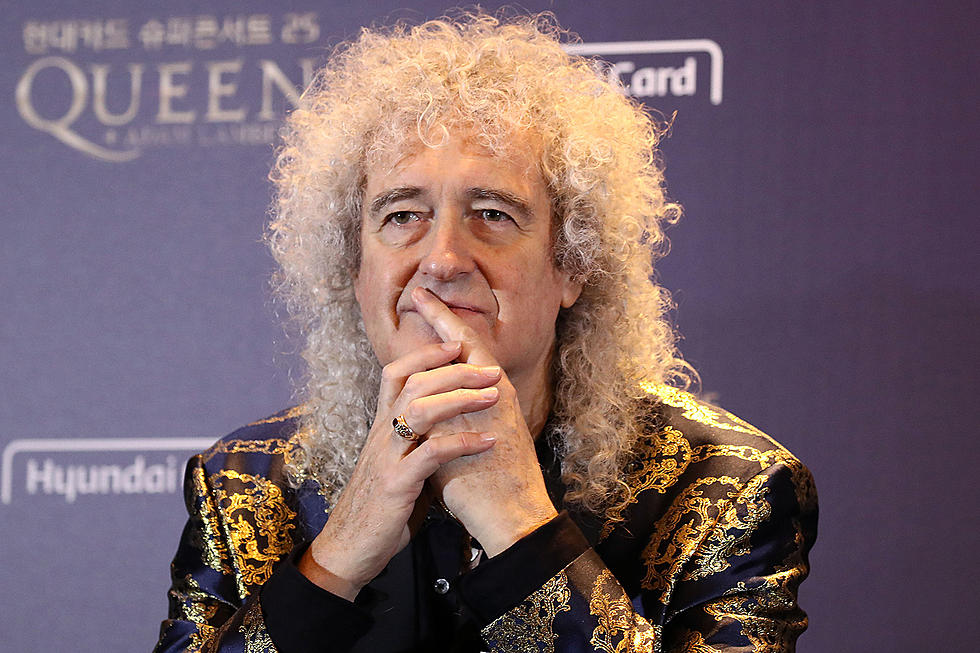
Queen’s Brian May: ‘I Worry About Cancel Culture’
Brian May voiced concerns over the cancel culture movement, saying he believed some changes to society were being made “without thinking of the long-term consequences.”
The guitarist illustrated his point by imagining a scenario of Queen trying to find success in the modern world.
“I’m sure… we would be forced to have people of different colours and different sexes and a trans person – but life doesn't have to be like that,” May told the U.K.’s ITV network (via multiple sources). “We can be separate and different. Our generation made a lot of mistake, but not everybody in our generation was wrong and not everybody in this generation is right. A lot of people from our generation who are being called out have actually done a lot of good in their lives.”
He added: “I worry about cancel culture. I think some of it is good but it also brings bad things and injustices. We think in different ways but they weren't necessarily worse ways. For instance, Freddie came from Zanzibar – he wasn’t British, he wasn’t white as such – nobody cared. Nobody ever, ever discussed it. He was a musician, he was our friend, he was our brother. We didn’t have to stop and think: ‘Oh, now, should we work with him? Is he the right colour? Is he the right sexual proclivity?’ None of that happened, and now I find it frightening that you have to be so calculating.”
May’s comments came after the U.K.’s BRIT Awards organizers abandoned its male and female categories, replacing them with a non-gender artist of the year category instead. The move has led to claims that artistic achievement could be overlooked in favor of picking a winner based on socio-political reasons. “It’s a decision that has been made without enough thought,” he said. “A lot of things work quite well and can be left alone. I get so sick of people trying to change things without thinking of the long-term consequences. Some of these things are an improvement – some of them are not.”
He went on to express hopes for “more understanding” between people with opposing attitudes, so that society could move on from what he described as an “atmosphere of fear” in which people were “afraid to say how they really think.” He continued: “I think so many people are feeling ‘hang on, this isn’t quite right.’ But they don’t dare say anything. Eventually there will be some kind of explosion.”


